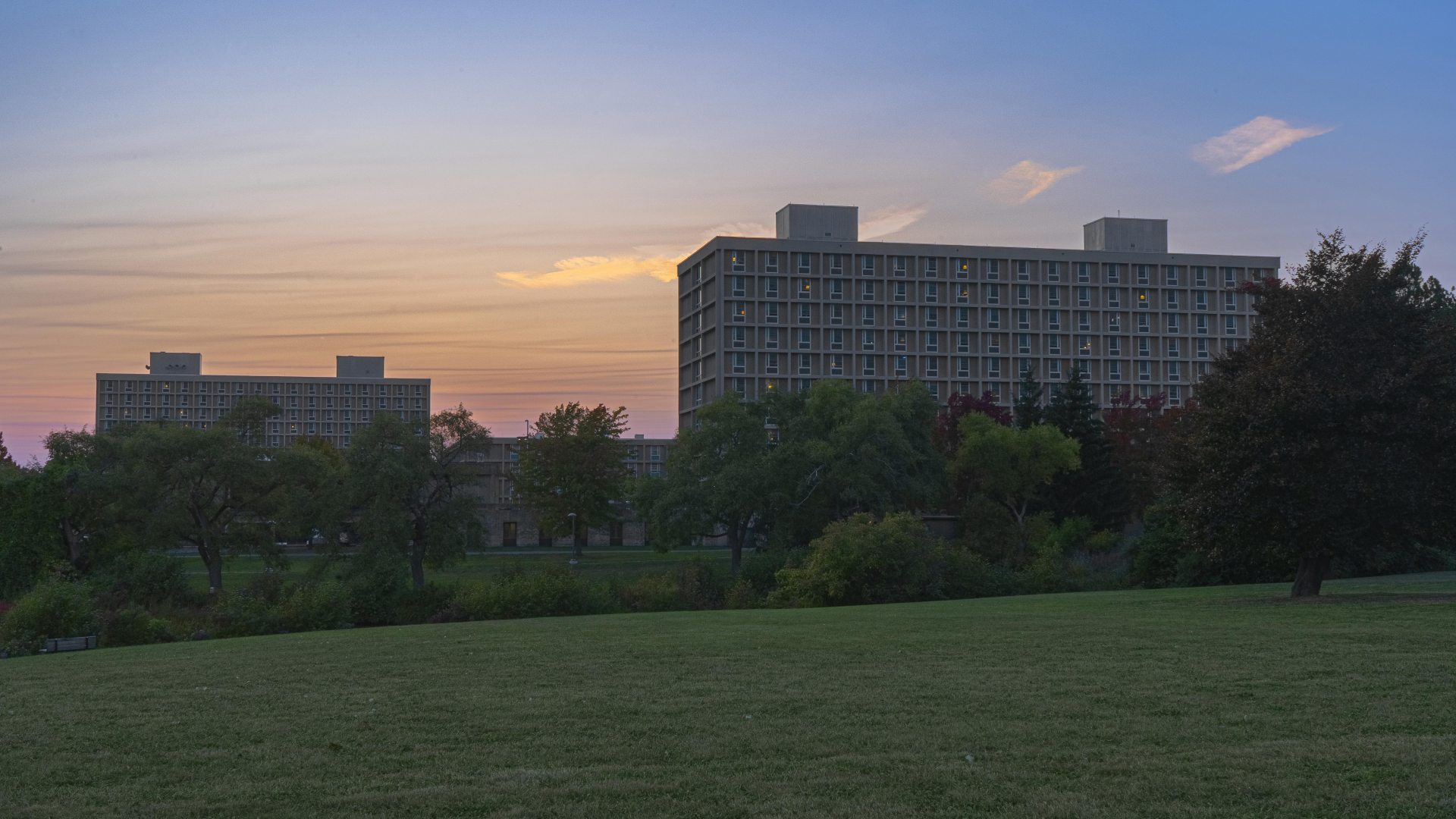Our Housing and Dining License, Student Handbooks, and other departmental publications contain specific policies and procedures of SUNY Oswego.
These publications outline student rights and responsibilities and cover all policies, procedures, and guidelines you need to know while living in one of our residential communities. If you have any questions regarding information in these publications, please contact the Residence Life and Housing office at 315-312-2246 or email [email protected].
